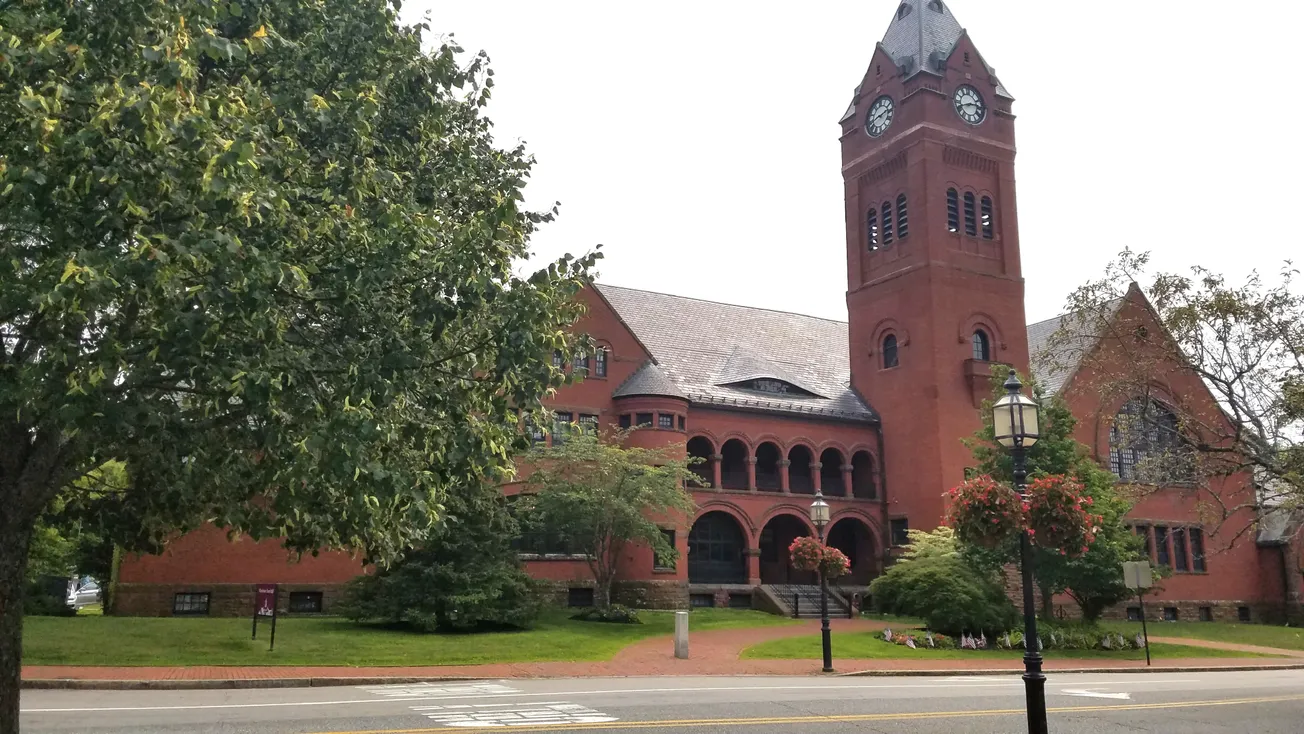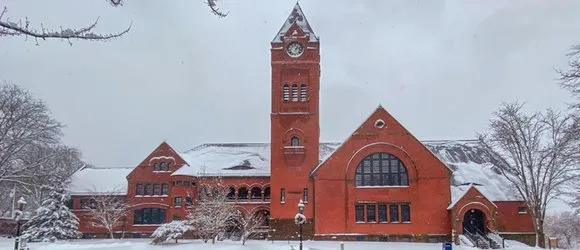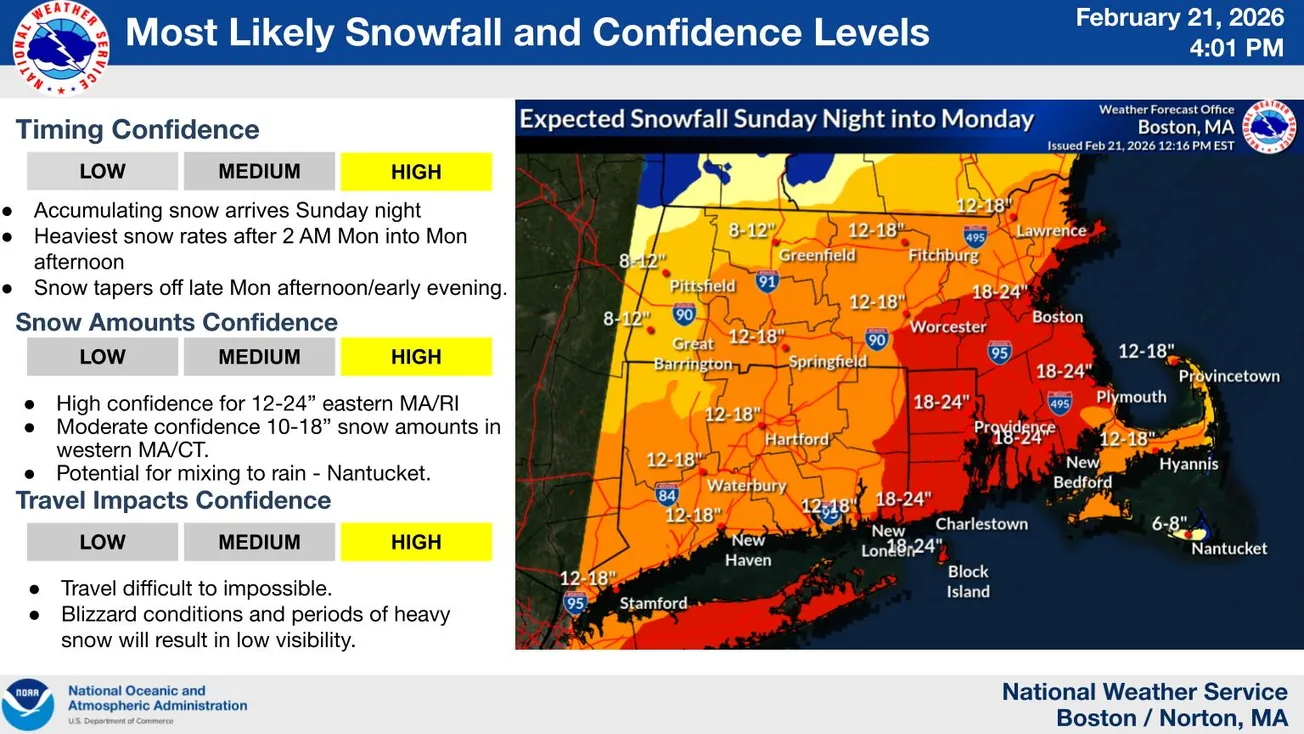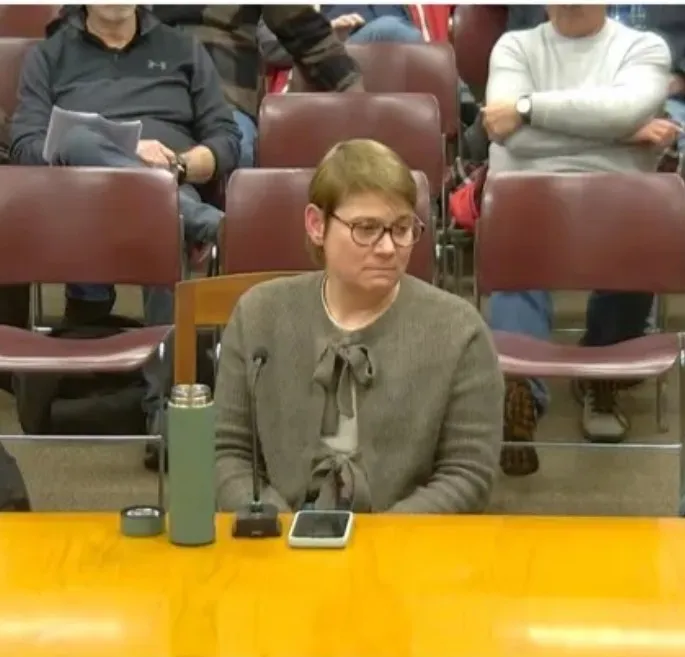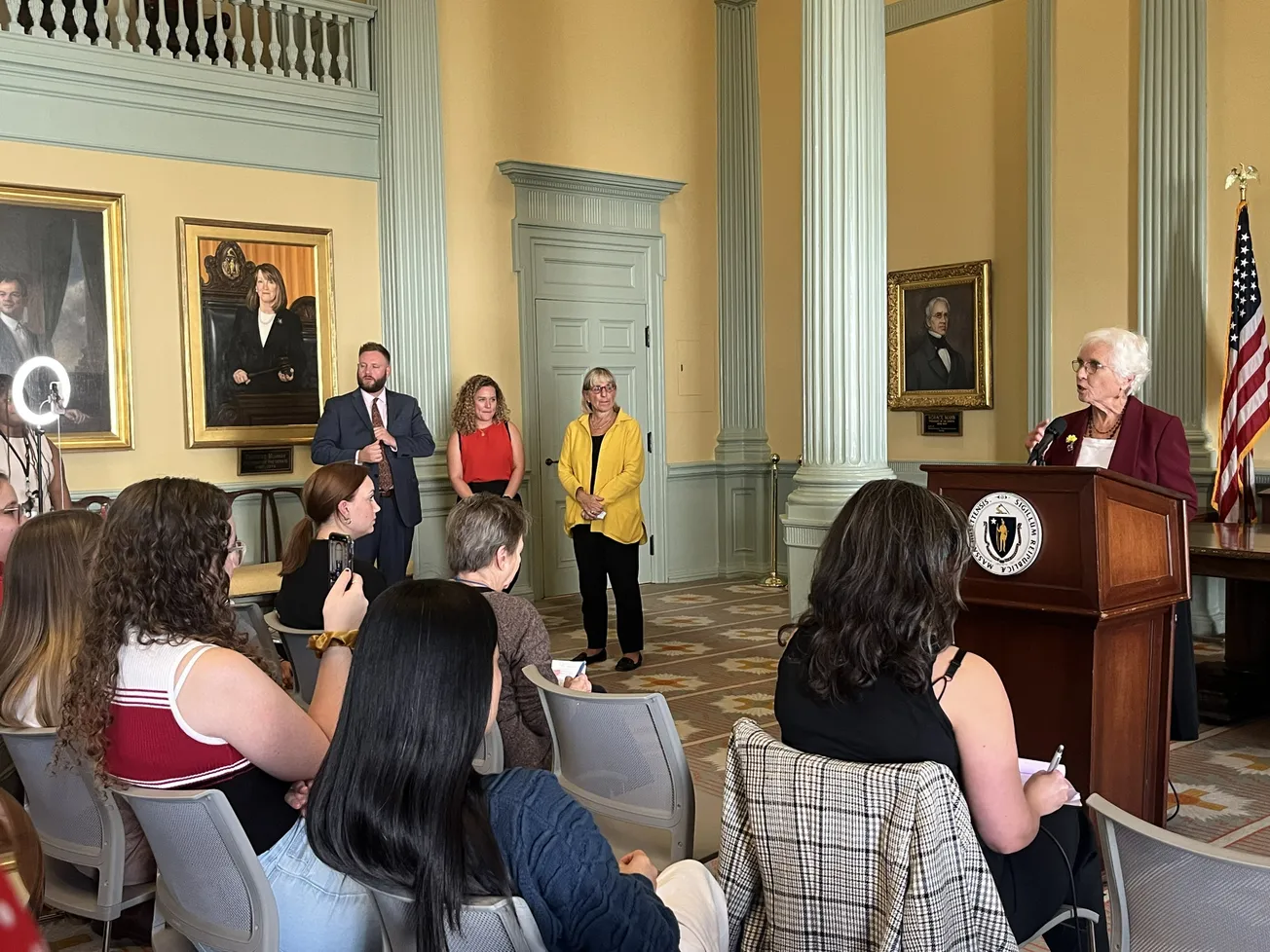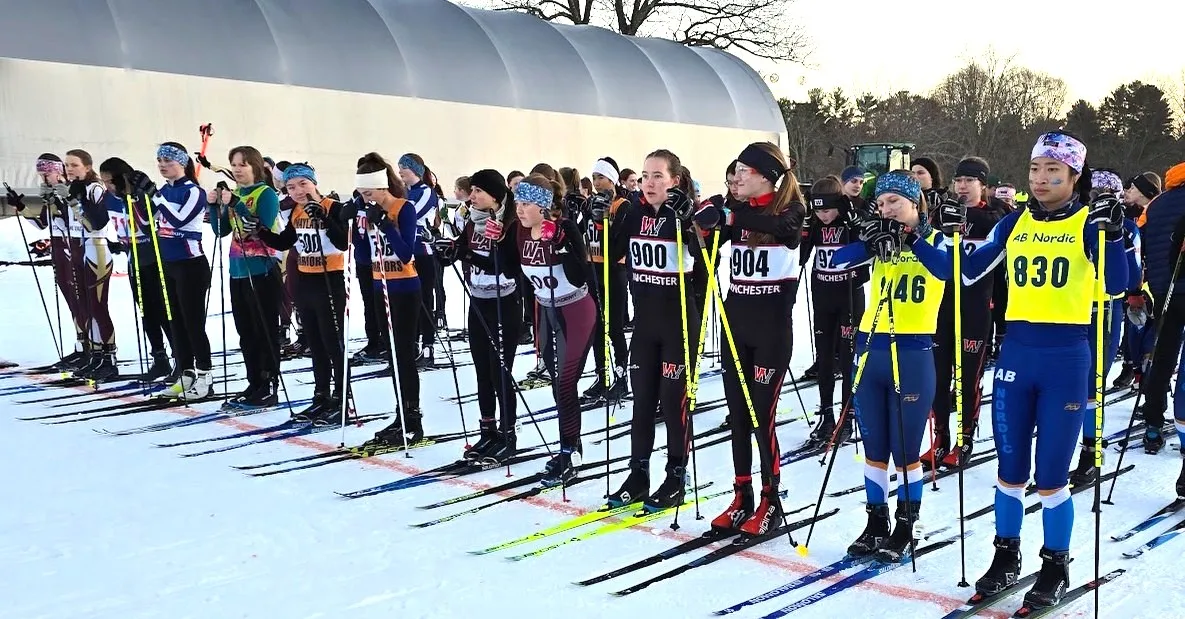Table of Contents
Winchester’s State of the Town Committee is deep into developing a comprehensive fiscal plan that will likely include an override on the March 2026 ballot, marking the most extensive municipal planning effort since the town’s last successful override in 2019.
The 25-member committee, which includes representatives from the Select Board, School Committee, Finance Committee, Capital Planning Committee and Planning Board, plus seven at-large residents, has been meeting every other Friday to examine six key areas: operating needs, capital strategy, non-property tax revenue, structural efficiencies, tax fairness and fiscal stewardship.
“We’ve constituted the State of the Town body in May,” said Select Board member Paras Bhayani, who leads the committee alongside Select Board Chair Michelle Prior. “We’re looking at six different areas. So we’re looking at our municipal and school operating needs to stabilize the budget situation, and make some strategic investments in areas that are of high importance to our residents.”
The committee faces substantial challenges, particularly in capital funding.
Bhayani said Winchester needs to invest approximately $85 million over the next five years, but has less than half that amount available through existing stabilization funds.
“If you look at what we need to invest over the next few years, it’s in the 80s,” Bhayani said. “So what we need to do is, we need to find a way to include as part of this upcoming override a chunk of capital dollars.”
Select Board member Bill McGonigle, who leads the capital works team, emphasized the structural nature of the funding challenge. Like many Massachusetts municipalities, Winchester faces constraints from Proposition 2 1/2, which limits annual property tax increases to 2.5%.
“Because of Proposition 2½, municipal funding is structurally constrained. On top of that, capital costs keep rising — inflation, demand, things breaking down, and deferred maintenance all catching up with us,” McGonigle said. “There’s just so much that needs attention. The demand is far greater than our capacity, and that’s created a major backlog of projects.”
The committee has identified several priority capital projects, with Town Hall renovations at the forefront. The historic building requires HVAC upgrades, window repairs, electrification and ADA compliance work.
“Town Hall has a number of projects that need to be done. All right? It needs HVAC work. It needs window repair. It needs electrification. It needs ADA compliance,” McGonigle said. “It’s beautiful. It’s historic. It’s at the center of town. It’s a symbol of the town. It’s a place where we all come together.”
School buildings also need attention, with Lincoln Elementary, McCall Middle School and Ambrose Elementary all requiring roof repairs. McGonigle noted roof work is particularly time-sensitive.
“Roof repair. is one of those things that the sooner you get it done, not only is it less expensive, but it prevents other maintenance issues from developing. So it’s kind of plugging the dike before the whole thing bursts,” he said.
The committee is considering funding these projects through the override rather than separate debt exclusions, which would present voters with a single question while creating new financial capacity for future needs.
“What was suggested this morning was to do this as part of the override that presents just one question to the voters instead of two, and it allows for the money to be immediately invested into bonds that become then dedicated to get these projects done,” McGonigle explained.
Winchester’s fiscal challenges extend beyond capital needs. The town maintains a AAA credit rating, but faces ongoing structural deficits where service costs grow faster than revenue under Proposition 2½ constraints. The committee has already made progress on fiscal stewardship, updating the town’s operating reserve policy from a 6% to 10% range to 10% to 14%.
While major infrastructure needs dominate discussions, the committee has also addressed completed successes. Winchester has nearly finished a 20-year flood mitigation project, with work along the Aberjona River addressing flooding that historically affected areas like Cross Street.
“We’re now at the very, very last aspect of what has been a 20 something year flood mitigation project,” McGonigle said. “So it was started by people long before us, but we’re just kind of stewarding in the final stage stages.”
The committee’s collaborative approach represents a deliberate strategy to build understanding across different town bodies and residents. McGonigle emphasized the importance of transparency and education in building support for municipal initiatives.
“The more people know, the better educated they are, the more successful these sorts of initiatives become,” he said. “We are a town full of very intelligent people who have all sorts of incredible professional and personal backgrounds, and when given information, [voters] do the right thing.”
The State of the Town process builds on Winchester’s previous override effort in 2019, which also used a similar collaborative committee structure. Several members from that effort, including Lance Grenzeback and Mariano Goluboff, are participating again as at-large members.
All committee meetings are open to the public and offered via hybrid Zoom, with materials posted on the town website. Residents can submit questions or comments to Bhayani at pbhayani@winchester.us or Prior at mprior@winchester.us.
The committee expects to present funding options by late this year, with a definitive override amount determined by February for the March 2026 ballot. Public engagement efforts will intensify this fall and winter as the committee prepares its final recommendations.
“We want to do all the work, which is why we haven’t just started to talk about the number,” Bhayani said. “I think we’ll have a clearer sense of options by late this year.”

